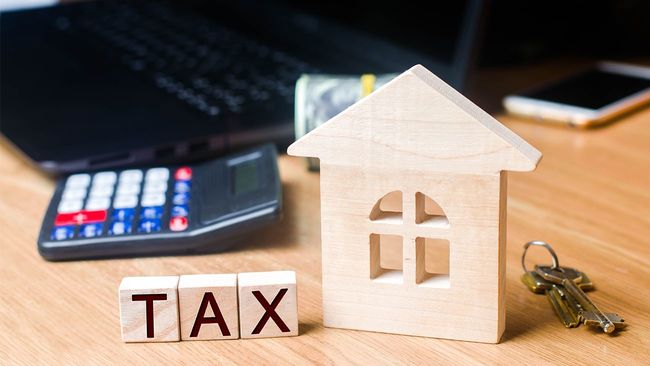How to Understand Your Property Tax Statement

Property taxes are necessary and unavoidable. The money you pay in property taxes generally supports community safety, schools, and infrastructure. It’s an ongoing cost that often increases over time, just as your home value or equity.
When shopping for a new home, it’s important to know that your property taxes can significantly impact the amount of your mortgage. Here are a few things you should know about taxes before you buy, as well as after you are settled into your new home.
Property assessment
The assessed value is a figure local governments use to determine property tax. There is no appraiser involved. Instead, it’s a percentage of the property’s fair market value that is calculated by the county assessor, usually based on recent sales of comparable properties in the area.
Properties are assessed once a year, sometimes every other year, or more. Where you live (city and county) and the size of your home come into play when determining your assessed value. It’s important to know that the higher your home's assessed value is, the more you'll pay in taxes.
Calculating property taxes
To calculate your taxes, you'll be charged a tax rate, which is typically a percentage, though it can be a mill levy which is expressed in mils. One mill is one dollar per 1,000 dollars of assessed value.
Keep in mind, to compute your tax or mill rate, you might have a whole list of governmental entities that need money. So one place could have a low tax or mill rate, but in the next town over the tax or mill rate could be much higher.
To calculate your property taxes, simply take your home’s assessed value and multiply it by the tax rate percentage or mill levy.
Paying your property taxes
The county treasurer is responsible for mailing and collecting the property taxes. Each year, the treasurer sends the property tax bills to taxpayers after January 1.
Most often, homeowners pay a little extra on their mortgage each month to cover property taxes (see your property tax statement). Your lender will keep that money in an escrow account until it’s time to make a payment.
If your mortgage is paid off, you may be able to coordinate a payment plan with your local tax authority.
Why do property taxes vary each year?
There are a few reasons why your property taxes increase (or decrease, though that’s not very common) over the years. Maybe the mill rate or tax rate has changed, as a result of your county requesting greater funding. Or perhaps your home value has increased as a result of a recent home improvement or your current real estate market. A change in either of those numbers will result in a new calculation, and more often than not, a higher tax value.
Appealing your assessment
If you disagree with your tax assessment, there are steps you can take to have the assessment reviewed. Maybe it’s an incorrect calculation of square footage, or they missed your recent kitchen renovation. It does require you following a formal process.
Depending on where you live, this may include:
-
Hiring an appraiser
-
Attending a municipality board meeting
-
Presenting oral or written objections to the assessor on or before June 30
The bottom line
Keep in mind property tax laws are set at the local level and can vary significantly depending on where you live. To better understand how you may be impacted, visit your county website or the website of your local tax authority or county assessor.




